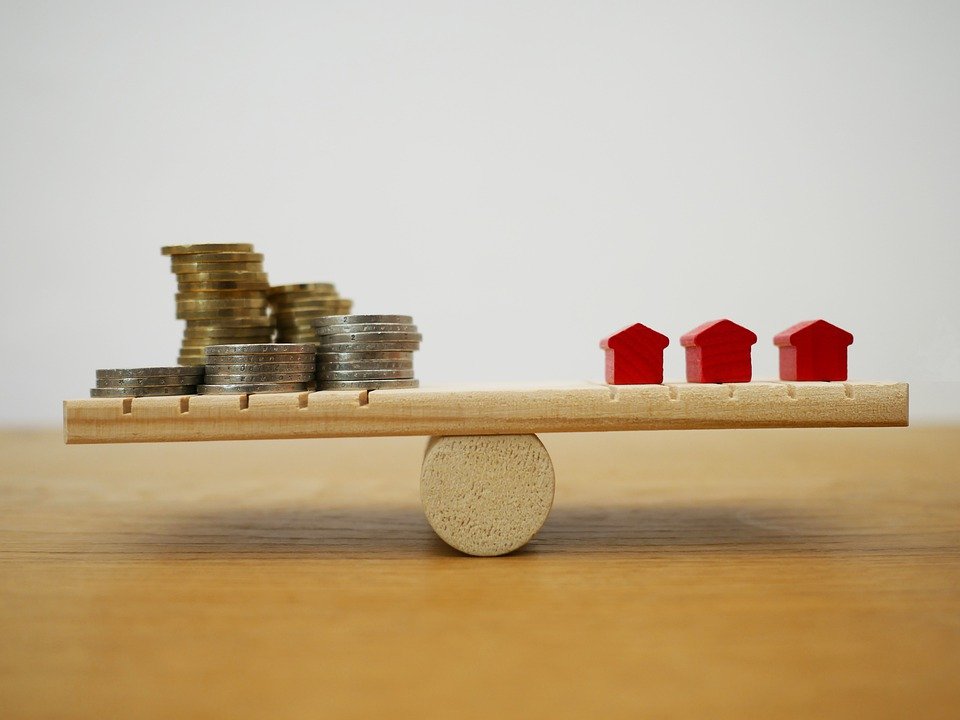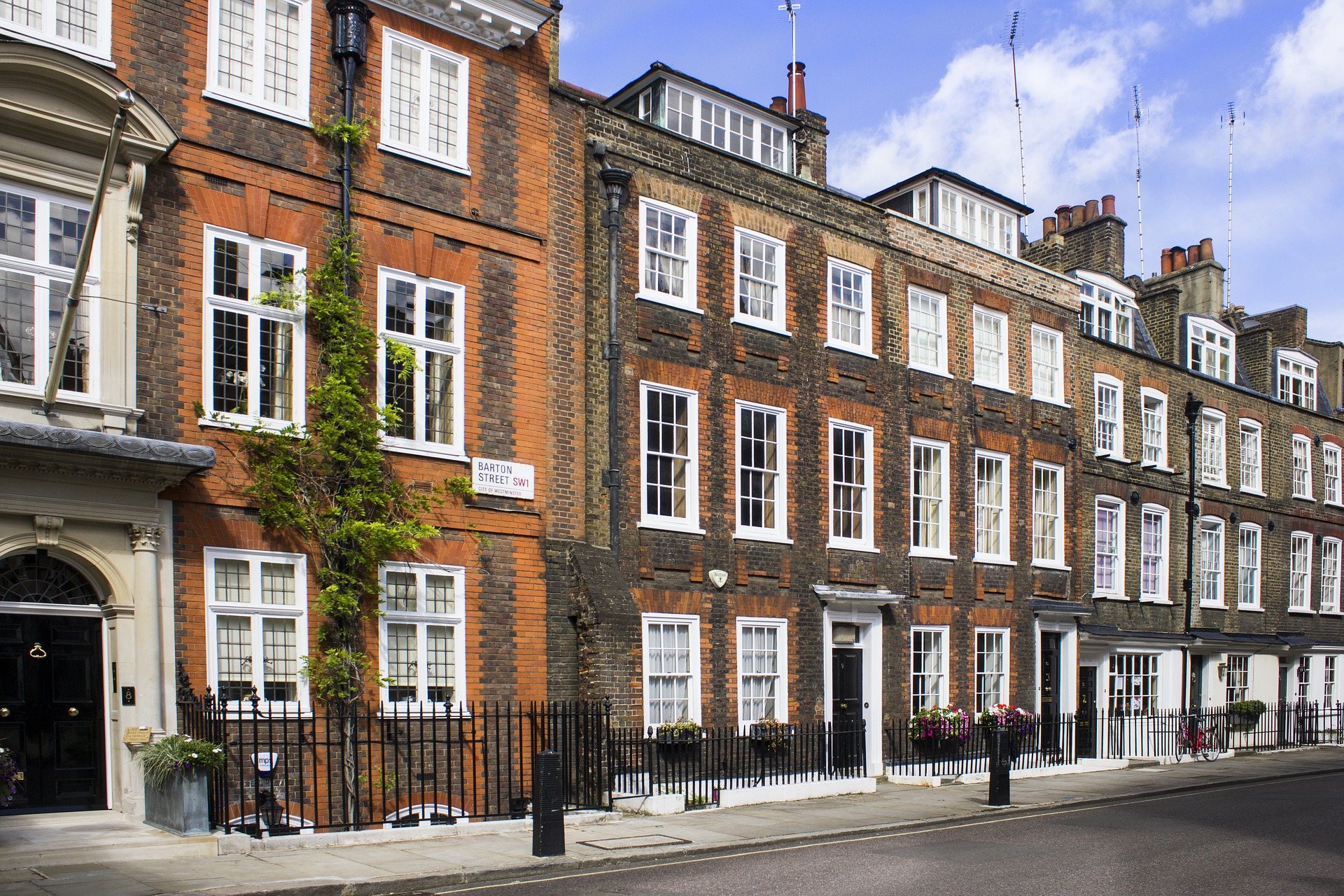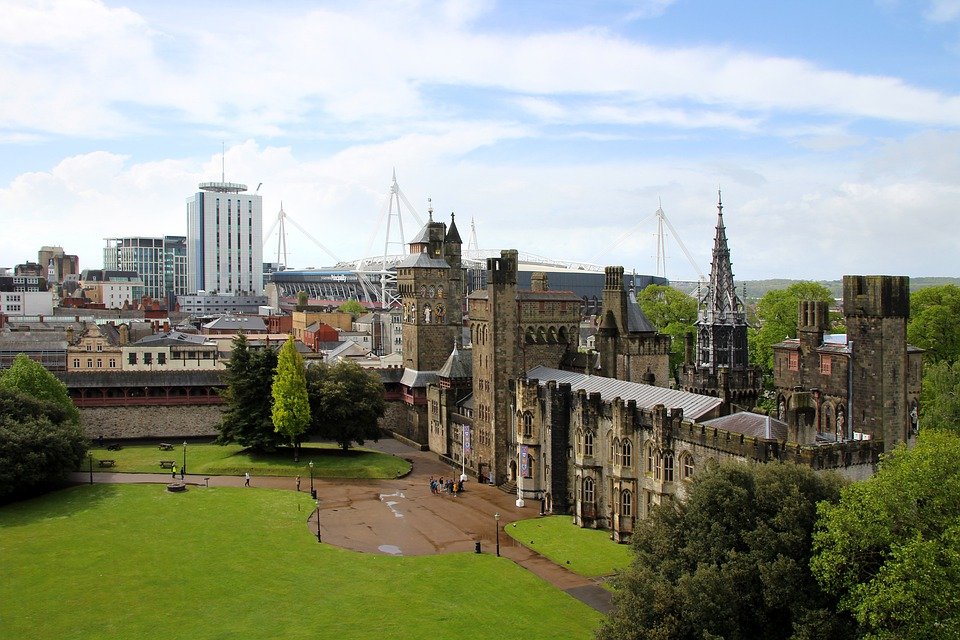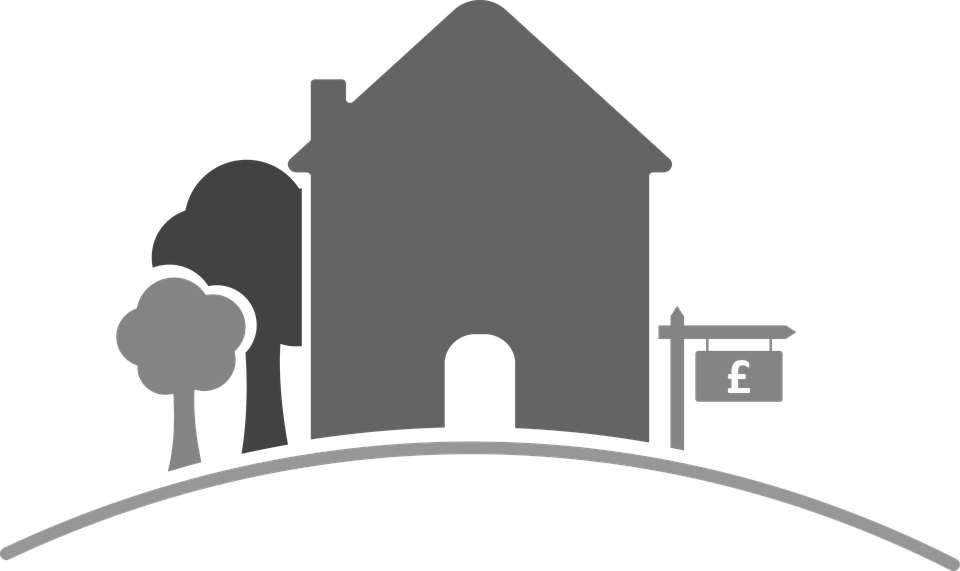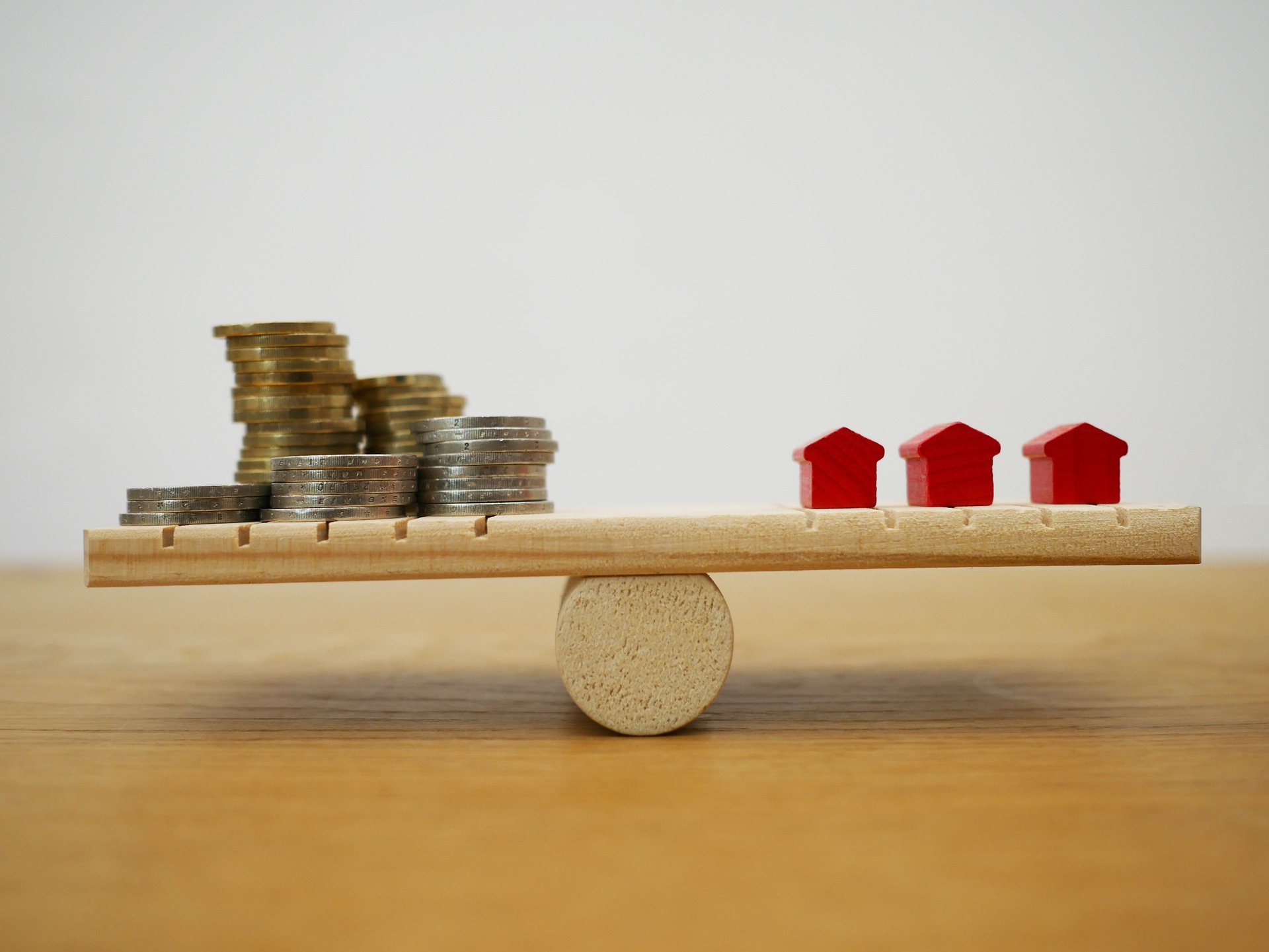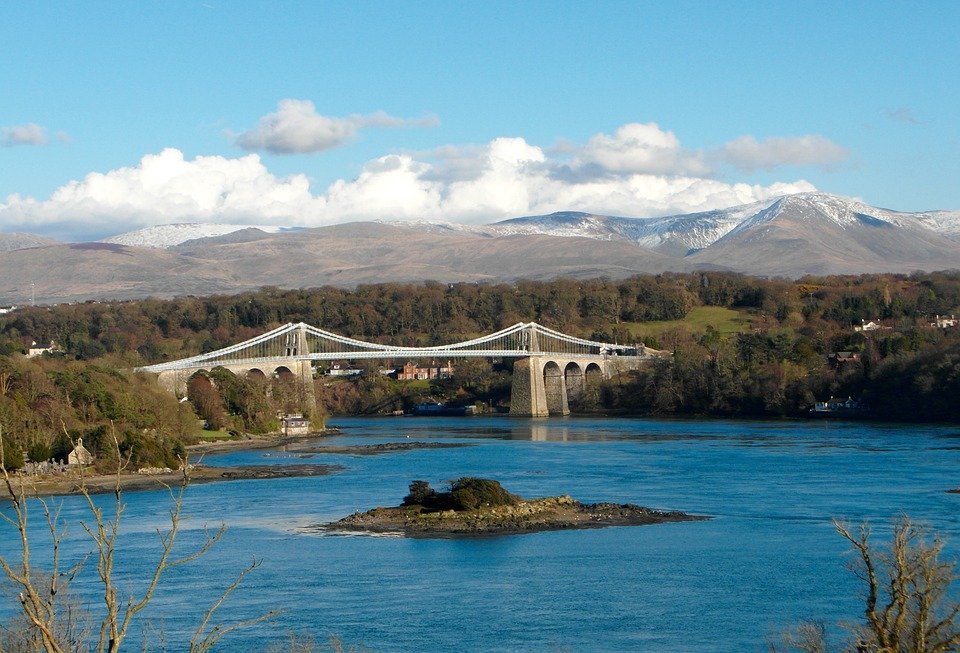House prices have seen record rises between March 2020 and 2021, according to new data from the Office for National Statistics.
In spite of worries about the economy and the housing market since the onset of the global pandemic, property prices in Kent and the UK more broadly have remained strong.
Overall, our county has seen substantial rises, whilst the picturesque Tunbridge Wells has seen prices rocket by the most locally in the past year.
In March 2020, the average house price in Tunbridge Wells was £377,298, but by March 2021, it had jumped by 10.5 per cent – or £39,768 – to £417,066.
In other parts of Kent, prices were also up.
In Folkestone and Hythe, average prices rose by 12.9 per cent, or £33,491, to £293,076 at the end of March.
To find out more about how we can assist you with your Mortgage requirements, please click here to get in touch
Meanwhile there was a 13.7 per cent rise in Thanet, an increase of £32,004 to £265,517.
Canterbury and Dover also saw large proportional spikes, rising by 10.7 per cent and 11.5 per cent respectively.
Compared to the rate of real wage growth, calculated by subtracting the rate of inflation from wage increases, this is even more significant – as during the pandemic, wages rose by just 2.8 per cent on average.
Across Kent as a whole, prices have risen by 8.8 per cent – or £25,647 – in the past year to an average of £317,251.
This means that house prices in Kent are now more than 10 times the average yearly income in the UK, which currently stands at around £31,000 a year.
This is slightly lower than the UK on average, clocking in at an increase of 10.2 per cent across the same period according to figures from the ONS.
This is the highest annual growth rate the UK has seen since August 2007, before the infamous ‘credit crunch’ financial crisis.
Early 2020 saw the housing market grind to a halt – as the first lockdown starting in late March closed estate agents and banned viewings.
Once things reopened, the UK’s average house price growth accelerated rapidly.
Th ONS said the pandemic may have caused house buyers to reassess their housing preferences.
The average price of detached properties increased by 11.7 per cent in the year to March 2021, in comparison flats and maisonettes rose by 5.0 per cent over the same period.
Here is the detailed breakdown of house prices across Kent.
Read about the UK Housing Market via our Specialist Residential & Buy to Let Division
Change in house prices from March 2020 to March 2021
From left to right, the statistics are as follows: District, average house price in March 2020, average in March 2021, price growth in £, price growth in percentages
Tunbridge Wells // £377,298 // £417,066 // £39,768 // 10.5%
Folkestone and Hythe // £259,585 // £293,076 // £33,491 // 12.9%
Thanet // £233,513 // £265,517 // £32,004 // 13.7%
Canterbury // £296,522 // £328,203 // £31,681 // 10.7%
Dover // £247,252 // £275,797 // £28,545 // 11.5%
Dartford // £296,658 // £324,905 // £28,247 // 9.5%
Kent // £291,604 // £317,251 // £25,647 // 8.8%
Sevenoaks // £438,933 // £463,573 // £24,640 // 5.6%
Tonbridge and Malling // £366,893 // £390,617 // £23,724 // 6.5%
Maidstone // £285,672 // £307,072 // £21,400 // 7.5%
Medway // £239,359 // £258,787 // £19,428 // 8.1%
Ashford // £295,451 // £312,957 // £17,506 // 5.9%
Swale // £240,915 // £256,208 // £15,293 // 6.3%
Gravesham // £280,197 // £290,077 // £9,880 // 3.5%
By Claire Miller and Harry Higginson
Source: Kent Live
Discover our Mortgage Broker services.

